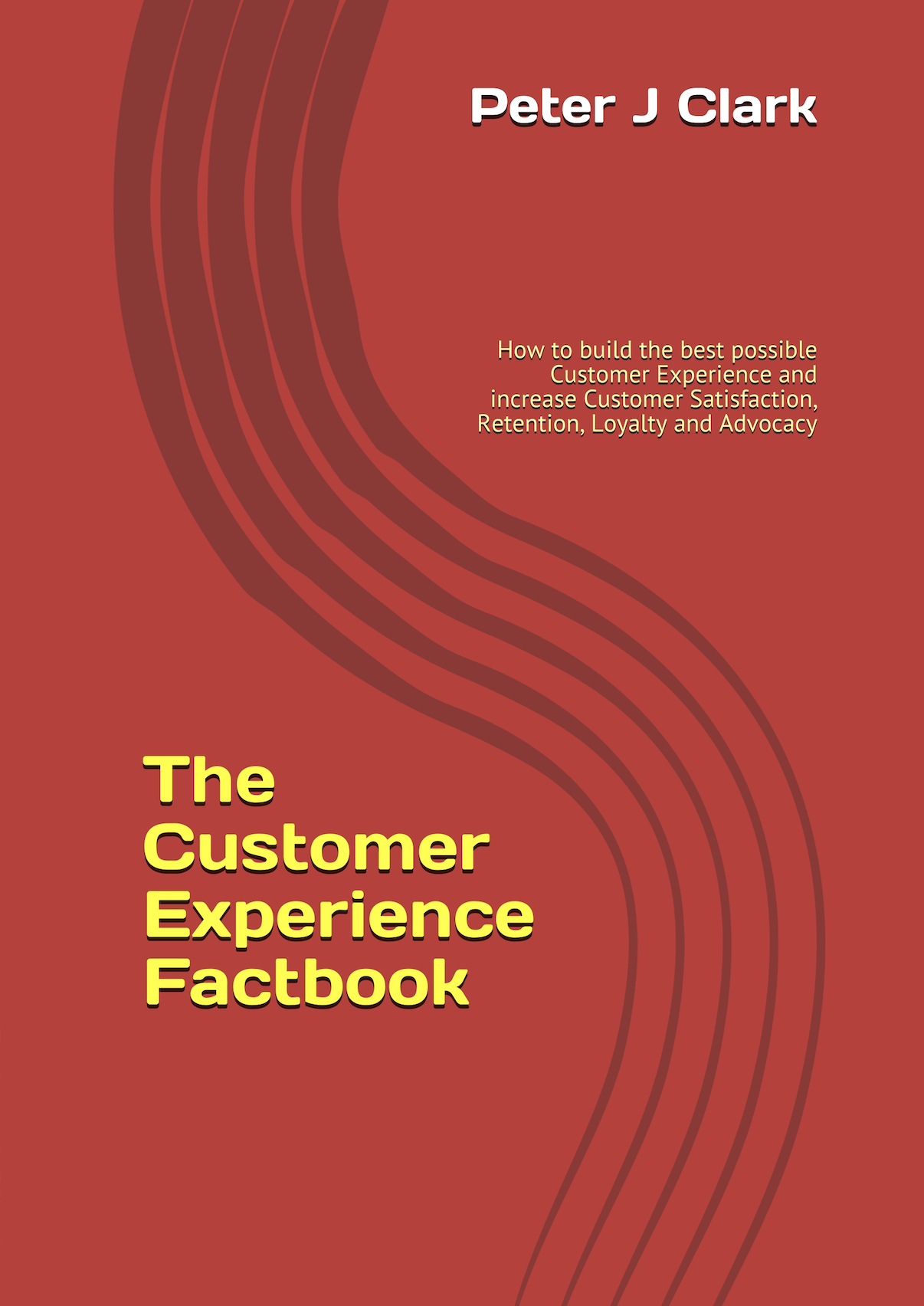Why people join loyalty schemes - and why not
Despite enrolment in loyalty programmes increasing across all retail categories, nearly one third (32%) of consumers say they remain worried about the safety of the personal data held by those programmes, according to research by Mintel.
The study found that the soaring participation in retailer loyalty programmes does not necessarily translate to genuine loyalty, and that relevant communications are increasingly essential in loyalty programme engagement.
In the survey, more than one in ten loyalty programme members (13%) expressed frustration or dissatisfaction about too much personal information being requested during loyalty programme enrolment, as well as a lack of control over the privacy of their information (10%).
"Reassurance of privacy is undoubtedly a key strategic tool in loyalty programme engagement, but there is a paradox at play here between personalisation and privacy," said Ika Erwina, retail and technology analyst for Mintel. "Ironically, even though loyalty programme members crave a more personalised, relevant experience, they also show concern about sharing the information required to enable the retailer to deliver on this desire."
Some 16% of retail loyalty programme participants said these programmes are not well tailored to their shopping habits, and this was especially true for Millennials at 20%.
Age is also strongly correlated with the types of loyalty programme to which consumers belong. While those aged 35+ are most likely to be members of supermarket loyalty programmes, 18-34 year-olds tend to enrol in foodservice, mass merchandiser, online retailer, convenience stores, fuel, or dollar discount store programmes. Club store memberships are also popular among younger age groups.
According to Erwina, "Given Millennials' strong propensity toward environmental and social responsibility, retailers may need to incorporate social issues into the programme to improve awareness and participation."
The big question was what makes a loyalty programme especially attractive to consumers. Ease of redeeming rewards (55%), ease of earning points (51%) and monetary rewards (51%) were all cited by consumers as being important. Meanwhile, 36% said they are drawn in by access to exclusive deals and coupons, while 22% are looking for easy enrolment options.
Sources: Mintel / The Marketing Factbook.
Copyright © 2013 - 2025 The Marketing Factbook.
Categorised as:
- Customer Experience
- Customer Loyalty
- Knowing The Customer
- Marketing Know-How
- Marketing Technology
